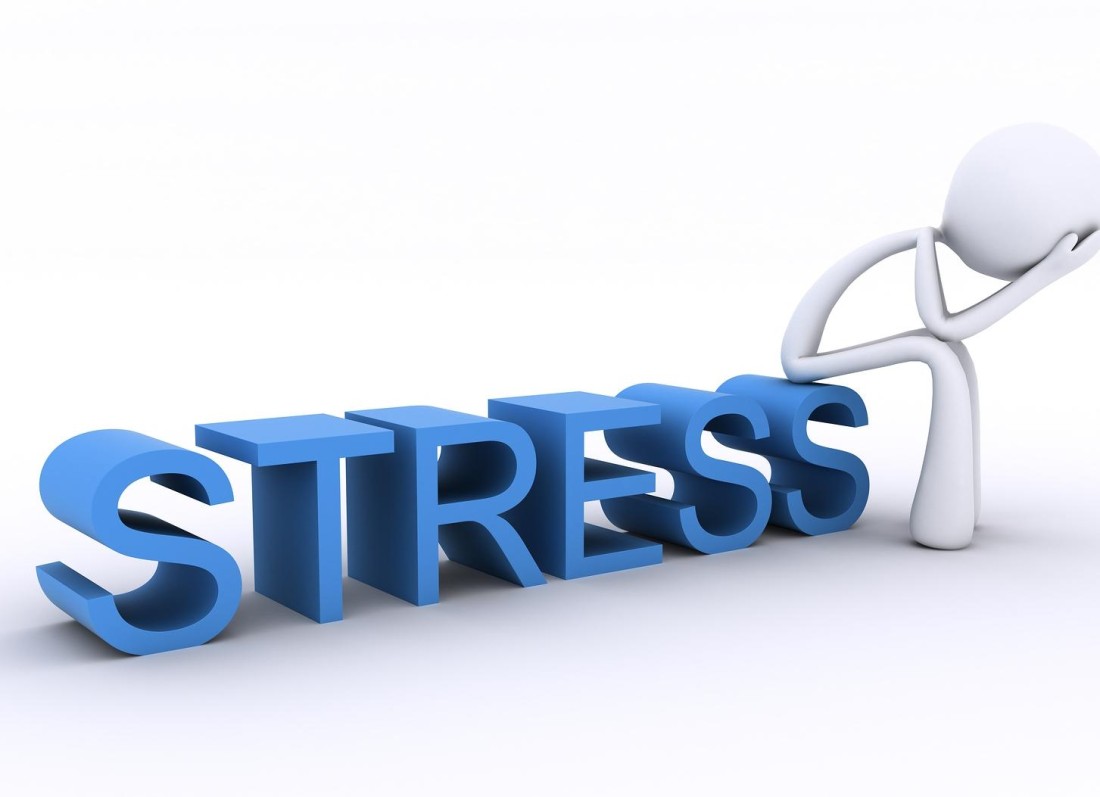What is Stress?
Stress is an organism's response to a stressor such as an environmental condition. Stress is a body's method of reacting to a challenge.
According to the stressful event, the body's way to respond to stress is by sympathetic nervous system activation which results in the fight-or-flight response. Because the body cannot keep this state for long periods of time, the parasympathetic system returns the body's physiological conditions to normal (homeostasis).
In humans, stress typically describes a negative condition or a positive condition that can have an impact on a person's mental and physical well-being.
Image source: http://www.mortylefkoe.com/experience-stress/
Stress can make the individual more susceptible to physical illnesses like the common cold. Stressful events, such as job changes, may result in insomnia, impaired sleeping, and health complaints. Research indicates the type of stressor (whether it's acute or chronic) and individual characteristics such as age and physical well-being before the onset of the stressor can combine to determine the effect of stress on an individual. An individual's personality characteristics (such as level of neuroticism), genetics, and childhood experiences with major stressors and traumas may also dictate their response to stressors.
